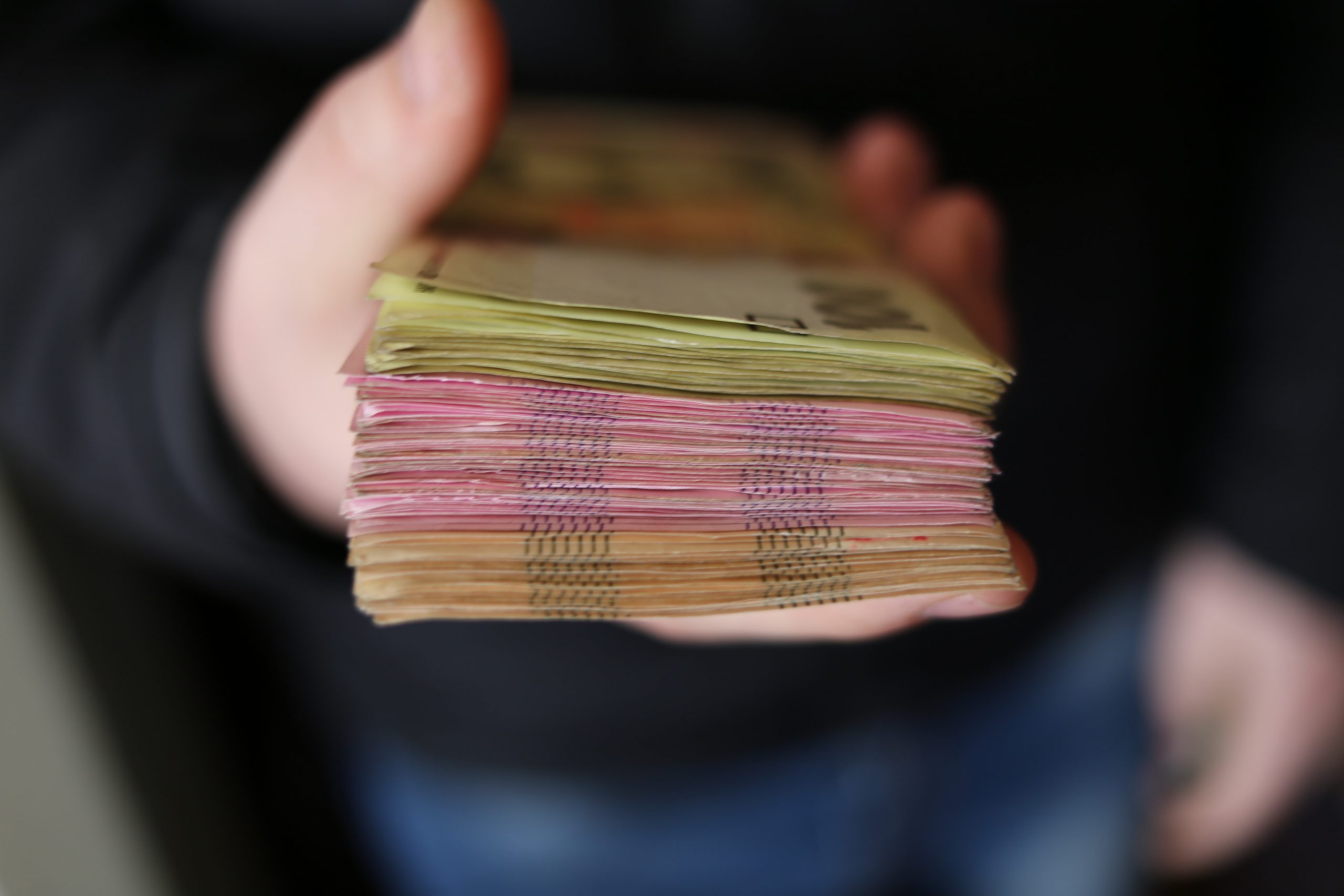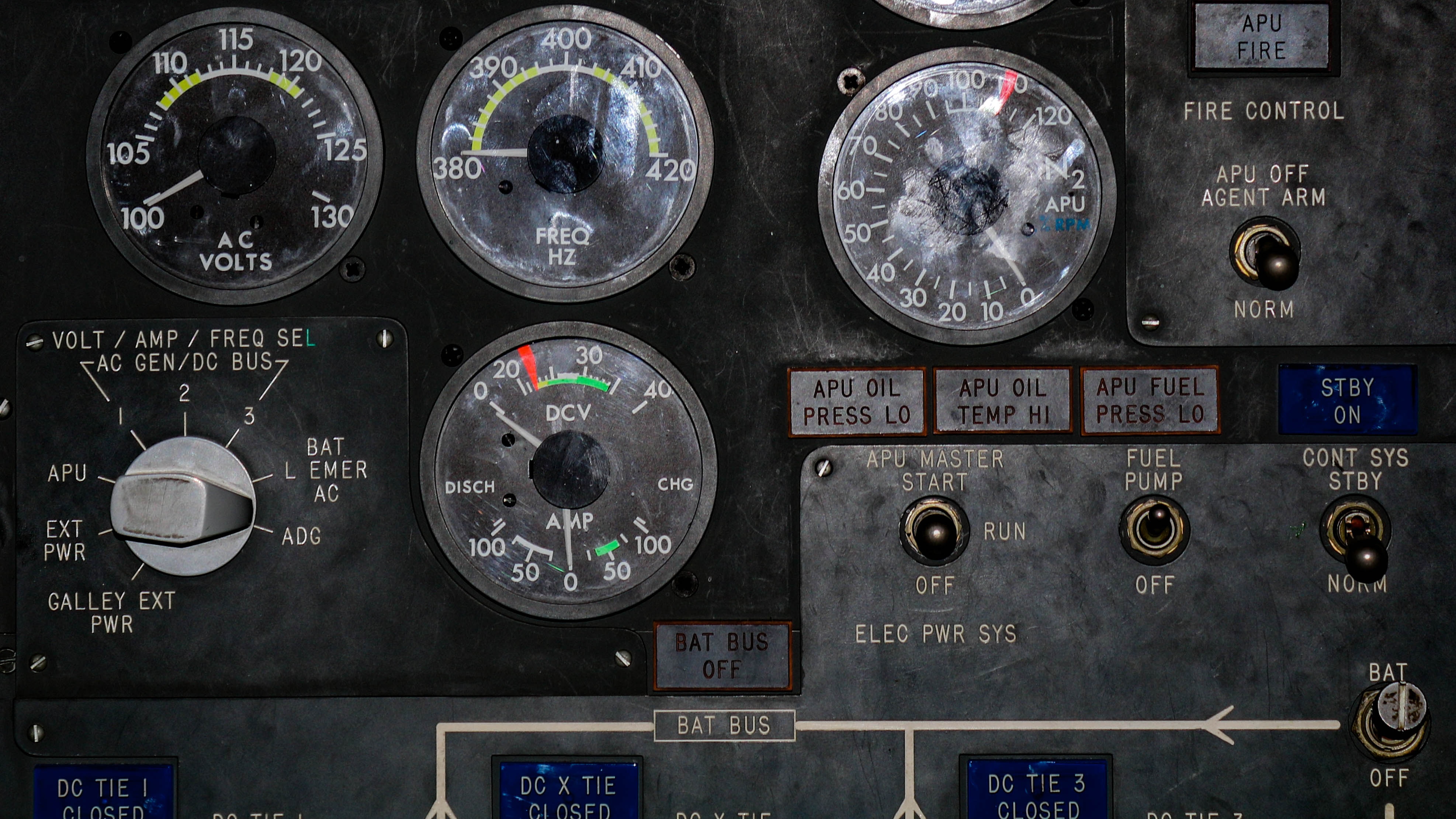Just like everyone around our table can choose which pizza to eat, so should people be able to choose which aid they receive.
From the Blog on choice
Dog Bones and Choices
The thing about change we rarely read about is that choices are not always between one desired outcome and one undesirable – both are desired
Bartering, not Free
Consent assumes two or more equals are engaging. When we distribute aid, we require an exchange of information for the aid. We are bartering.
Is there an alternative?
Is there an alternative? Are we able to uphold our imperative of giving aid to those who need it? Or are we only giving to those who give us their data?
Will Cash Programming Save Humanitarian Aid?
Cash programming will ‘save’ humanitarian aid when we decide it is ok for the people affected to tell us what they want in kind and what they want as cash.
Backups and Alternatives
Going digital requires us to have back ups. However, backups tend also to be digital. So perhaps an even better option is to always have alternatives.
Choice Ethics
When we design systems and operations, which do not enable choice or actively take away choice, there might be some ethical questions needing to be asked.
Shifting the Needle
Perhaps it helps if we ask, “what are we choosing to spend our time and money instead of this?” And then go deeper by asking ‘why have we made that choice?’
The Bias in Going with your Gut
While I’m a big believer in gut decisions, I’ve recently realised the bias it has. They often allow little room for something different; a new perspective.









